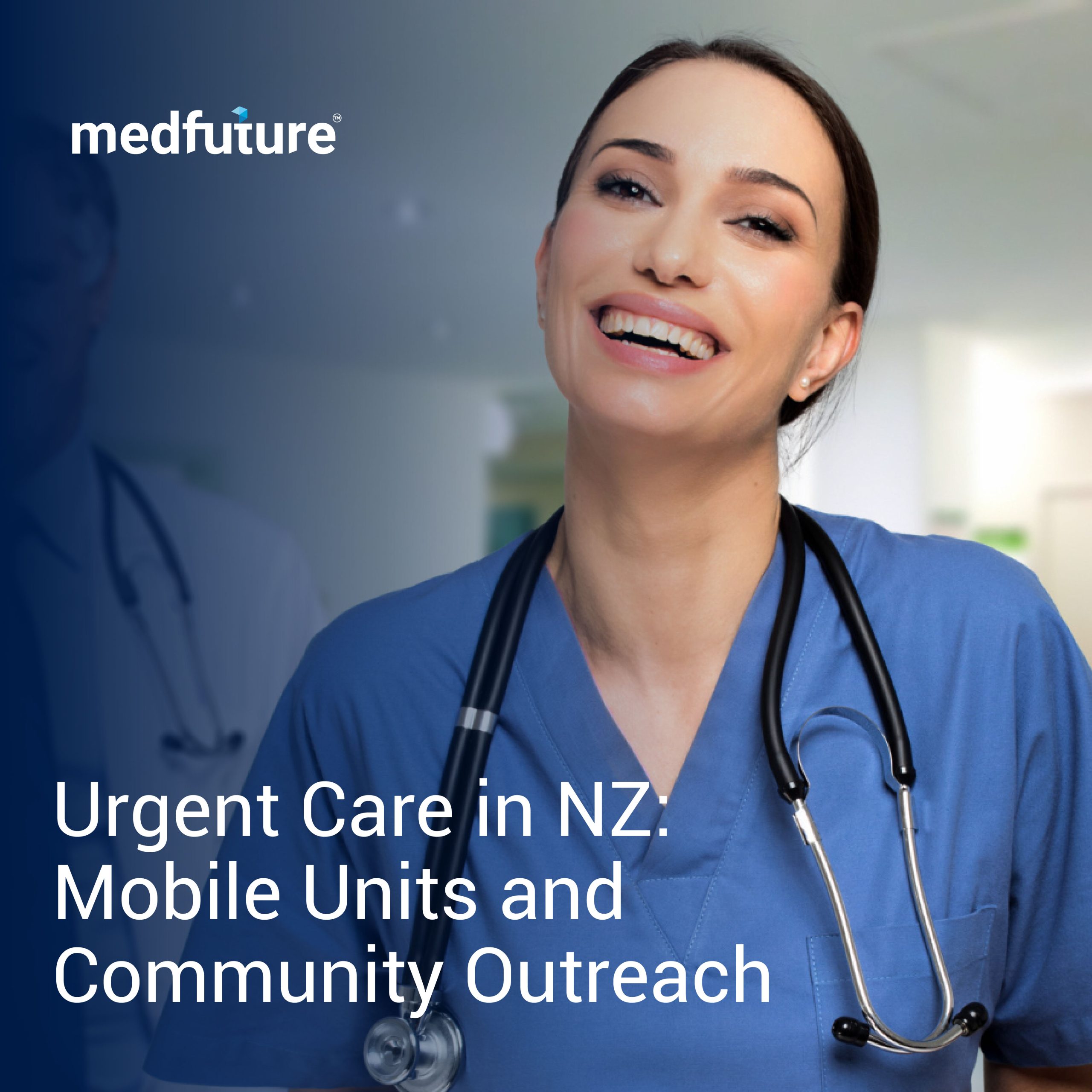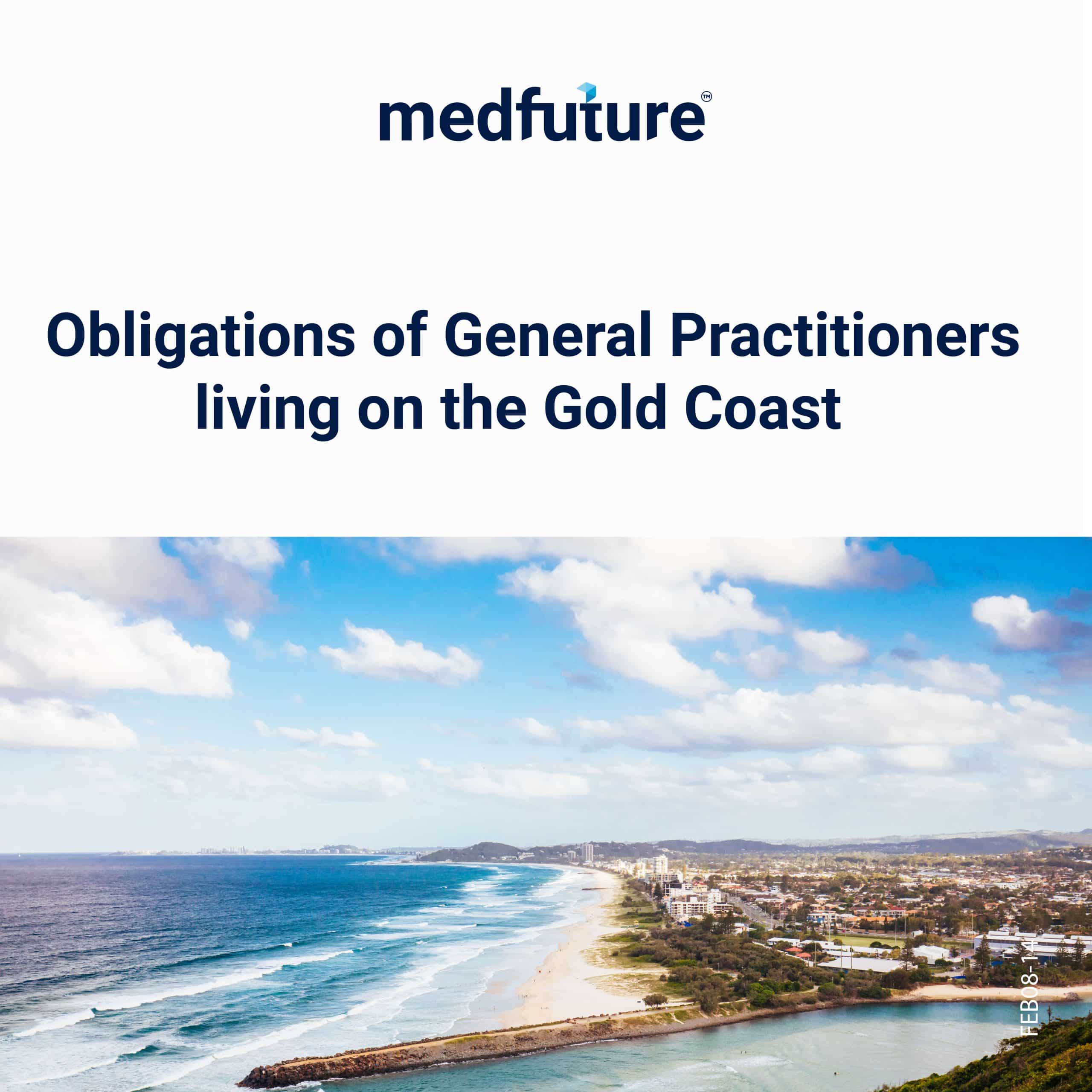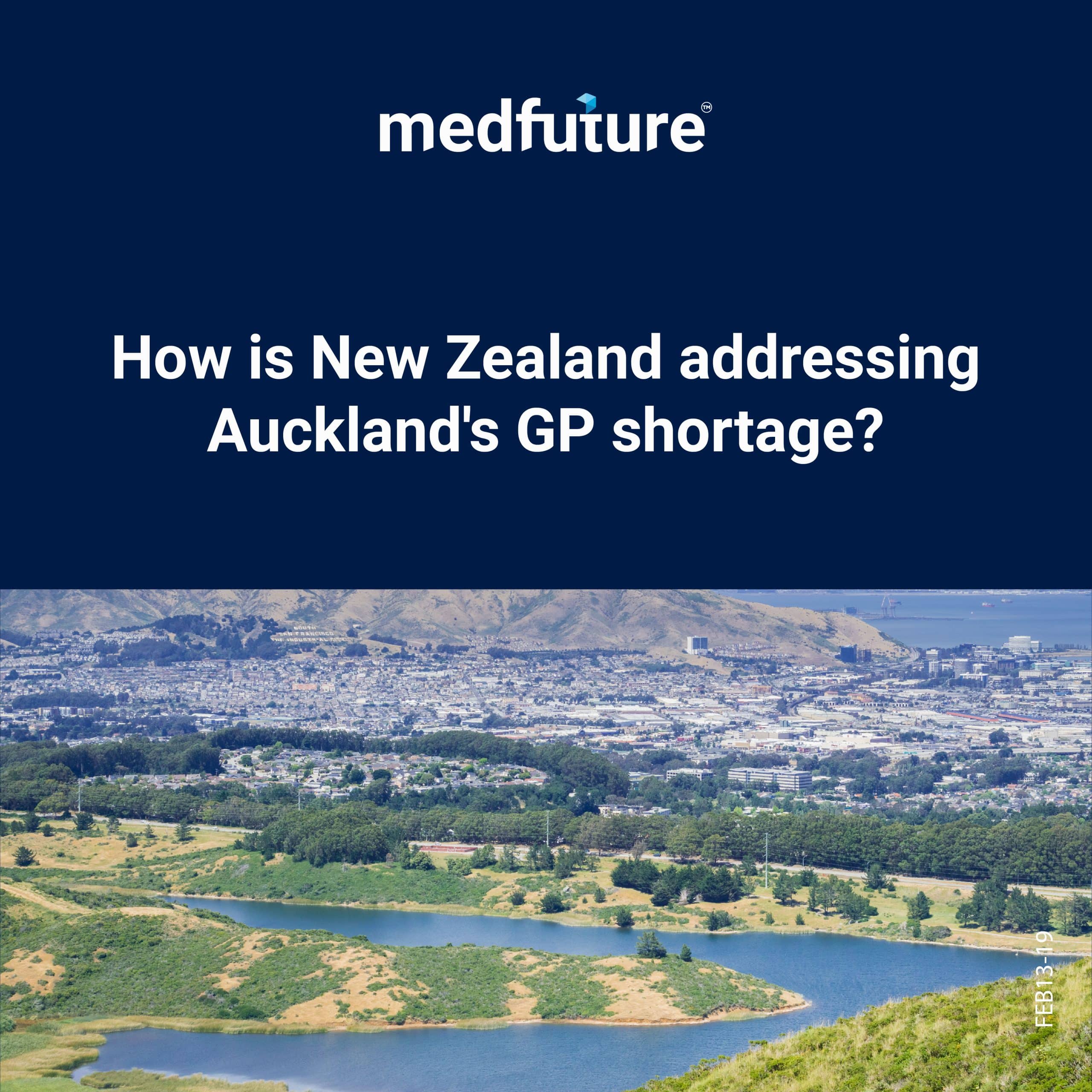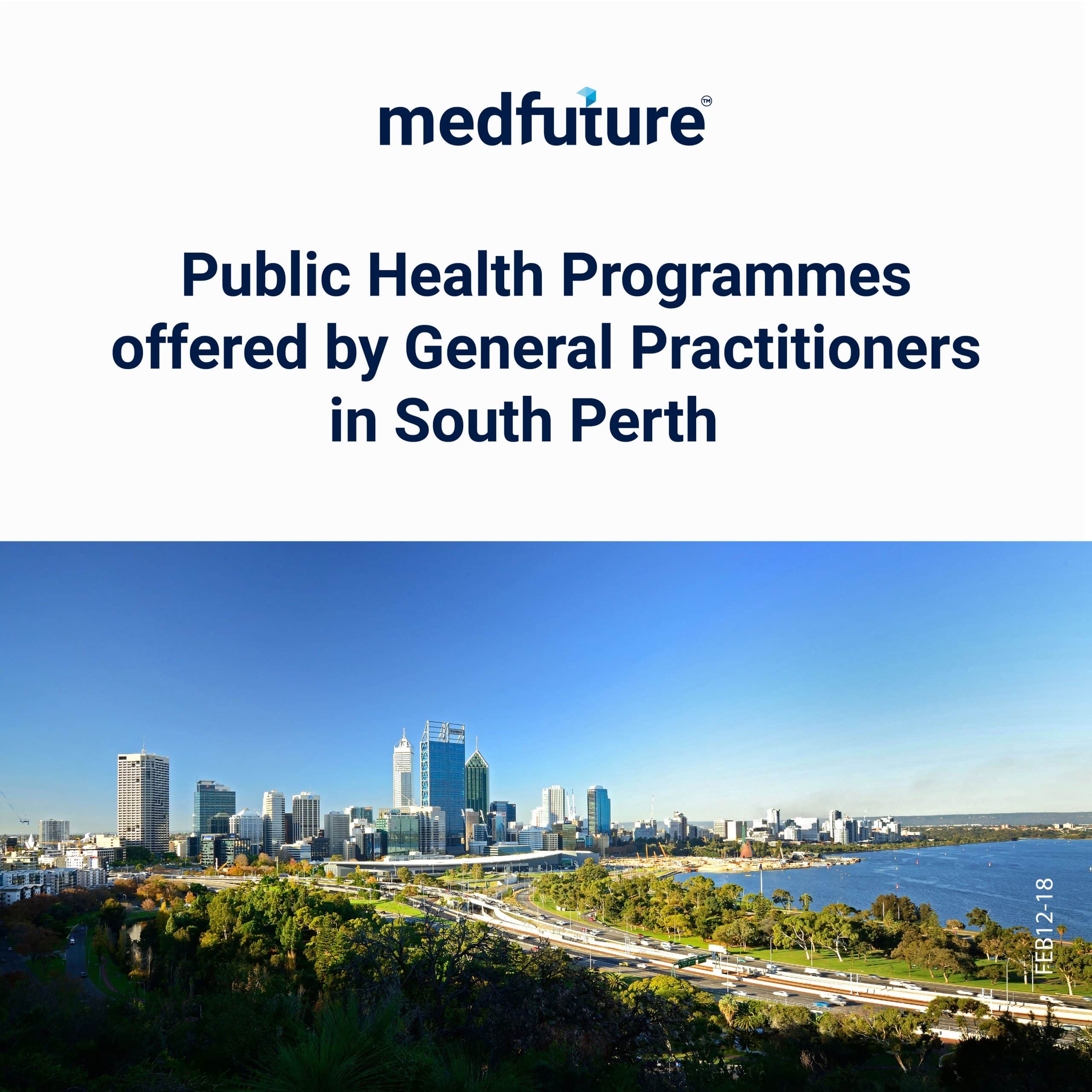Nowadays, the number of people getting involved in accidents and injuries is on the rise, mainly due to the fast-paced world we live in and the sorts of lifestyles that this entails. New Zealand too, being such a country with numerous technological advancements and enrichments to the lifestyles of its citizens, does have this same underlying issue regarding the accidents and injuries that people endure and suffer because of the lifestyles that they pursue. Due to this, urgent care is an important aspect of New Zealand’s healthcare service structure since it stands as the main catalyst in saving lives in emergencies. Signified by new, inventive methods of emergency care and patient handling which stand to revolutionise the healthcare service in new and interesting ways, this service too, just like all the other services in the medical field, is undergoing massive changes. All these innovations and developments serve the urgent care service’s ability to enhance its capabilities in upscaling accessibility and community outreach. All these advancements and developments highlight the importance of urgent care and mobile units in the dynamic healthcare landscape of New Zealand.
Being a prominent player in healthcare staffing in Australia, Medfuture is an ally that you can put your trust in when it comes to recruiting medical officers in key aspects of the Australian healthcare system such as urgent care. Facilitating the connection between skilled healthcare professionals and communities in need, Medfuture sheds light on helping healthcare professionals stay informed and well-aware about the latest news when it comes to staffing and recruitment opportunities.
Mobile Healthcare Units in New Zealand
The advent of healthcare units in New Zealand is an undeniably noteworthy leap in the mobile healthcare service of New Zealand. Mobile care units help to serve emergency care swiftly and efficiently. Earlier, the capabilities of mobile healthcare units were limited by the levels of accessibility, the levels of robustness of the units themselves and the technological limitations when it came to serving medical aid for serious injuries. Aiding the mobile healthcare service in NZ stands out in its ability to serve all individuals in need of urgent medical care, the modern healthcare service has been revamped and integrated with the latest tech in medicine.
As any medical professional or any human being for that matter could see, the subject of delivering timely assistance in aiding patients with acute or unplanned healthcare needs, and mobile units are of utmost importance. Moreover, these units cater to urgent health concerns, whether they be serious injuries caused by severe mishaps, vehicular accidents or domestic situations in rural areas, by reducing their time duration of response which leads to significantly lower mortality rates for individuals requiring unplanned healthcare and thereby helping save more lives.
The current age of information that we are living through has made it easier for people to track each other’s movements and stay informed about the ins and outs of various industries and services and it is needless to say that the medical service is no different and in fact, the medical service could be the one that is the most accessible. Access to more information and global tracking services has made the medical service and the mobile healthcare service precise in pinpointing the exact whereabouts of individuals who request urgent healthcare. Moreover, the New Zealand government invests tens of millions of dollars every year to bring the latest in technology to its urgent care units. One such example is the introduction of electric stretchers for overweight or obese patients who require immediate medical aid. In addition to that, the introduction of the Generation 2.0 St. John Frontline Ambulance offers a complete redesign of the previous version. The evolving needs of paramedics and cost-saving, efficiency-increasing measures have been reflected in the redesign. The latest design includes compact spaces for a carry chair and a ferno scoop stretcher without consuming much of the room inside, and these mobile units have been deployed nationwide.
The mobile units, as mentioned before, have been deployed nationwide and are currently navigating all kinds of regions, providing healthcare to even the most remote areas, and making sure that anyone and everyone can receive timely medical aid.
Community Outreach Programmes
Adding to the never-ending efforts of mobile units, the community outreach programmes implemented by New Zealand’s medical services create another pillar in the country’s urgent care service. The goal of these programmes is to actively manage the health of far-out communities and provide efficient and precise urgent care whenever the need arises. These programmes cover areas such as self-diagnosis and care, with the added aid of timely interventions and consultations from healthcare professionals. Beyond the limitations of standard or traditional healthcare structures is where the spirit of urgent care lies- these community outreach programs go above and beyond in zooming in on basic health needs and specific health concerns in these communities.
Community outreach programmes in NZ and Australia are both directly and indirectly supported by organisations like Medfuture which help staff healthcare service organisations by bridging gaps between communities and healthcare providers while enhancing community access to healthcare resources.
Emergency Care Services in New Zealand
The accessibility to emergency healthcare can mean the difference between life and death in most scenarios that require immediate healthcare. Even if a split-second delay does not lead to death it could always lead to long-term disability without the proper, timely intervention. Plus, Emergency Departments (or EDs) function as initiative steps into the acute care service system and in addition to that The Acute Care Sector Advisory Group (ACSAG) provides expert advice to develop acute care services, focusing on improving health outcomes and addressing gaps in local service delivery.
For high-emergency life-threatening situations, calling 111 for an ambulance initiates a process dedicated to catering to emergencies that are categorised under the aforementioned criteria i.e. cardiac arrests or serious injuries.
In short, the urgent care service in New Zealand is in the process of undergoing monumental developments which have brought reduced response times and advanced health care delivered to far-out communities with ease and much better accessibility. If you are a medical professional aiming to involve yourself in the ever-evolving landscape of urgent care in New Zealand, then Medfuture is the place for you! Medfuture’s mark on this revolutionary medical journey is not just a journey for healthcare professionals but also a path towards a better nation and a better, healthier life for the average citizen.






